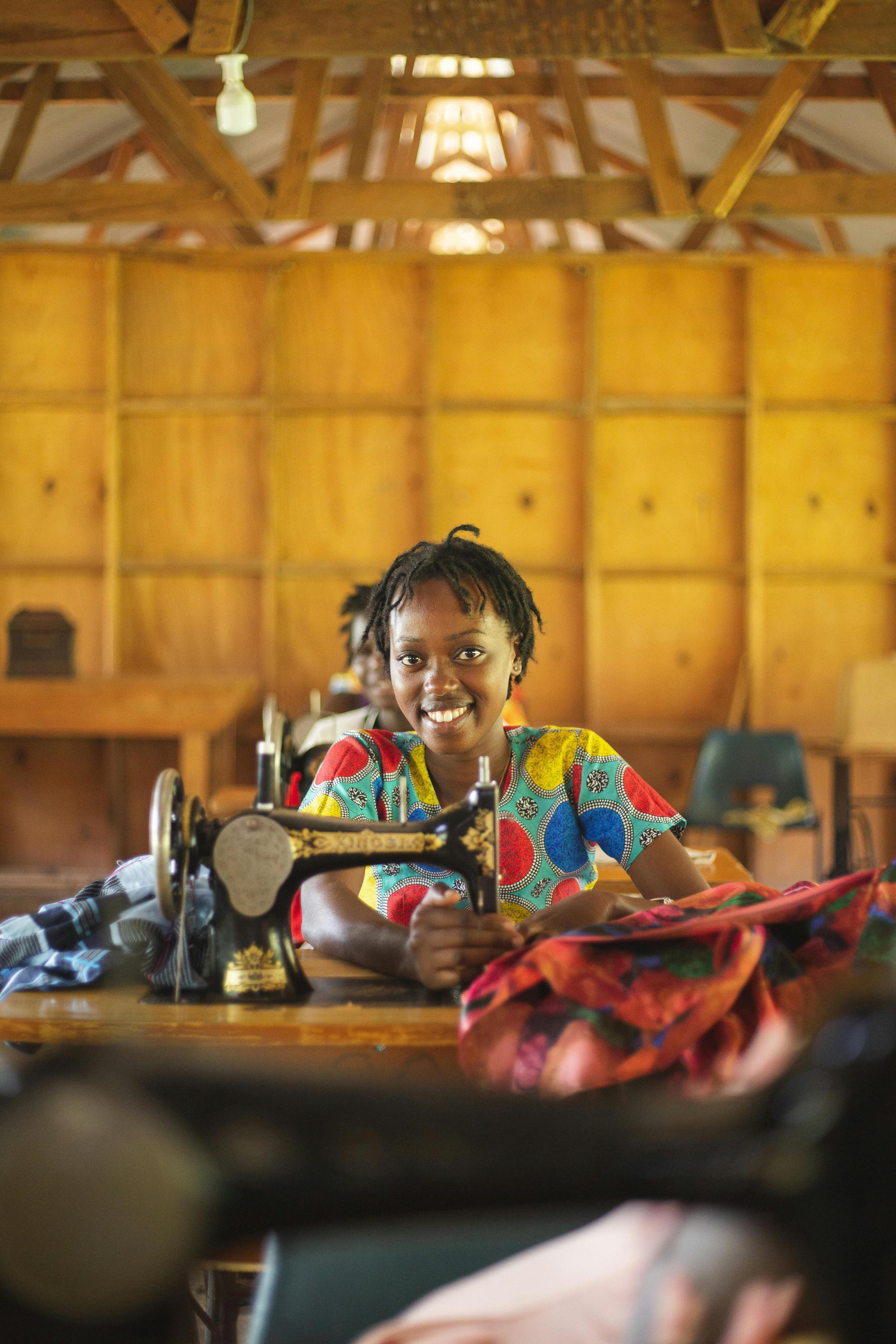Welcome! Check out our latest podcast!
Click here
Cross-border trade in the East African Community (EAC) especially between Uganda’s West Nile region, South Sudan, and the Democratic Republic of Congo (DRC) is vital for jobs and survival. Small traders sell food, clothes, and goods across borders, feeding families and connecting communities. But this trade faces big problems; bad roads, corruption, violence, and rules that ignore small businesses. Civil society groups (CSOs) like local NGOs, community leaders, and activists need to step in to fix these issues. This blog explains why our work matters and how Organisations like Zoota can build a fairer future for trade in this region.
Why Civil Society Matters in Cross-Border Trade
In areas like West Nile Uganda, South Sudan, and eastern DRC, trade is often informal and risky. Traders face;
The Civil society needs to step in and help by;
What Civil Society Does in Cross-Border Trade
1. Advocates for Fair Policies
CSOs push governments, the AU, and the EAC to simplify trade rules. For example, they add a voice to demand;
a) Fewer border taxes for small traders.
b) Better roads and storage facilities.
c) Inclusion of women and youth in trade discussions.
2. Solves Conflicts
In regions like South Sudan-DRC borders, where clashes over resources are common, CSOs mediate disputes between trans-border communities and traders.
3. Trains Traders
Many small traders don’t know their rights or how to follow formal trade rules. CSOs teach them about;
a) Proper paperwork to avoid arrests.
b) Safe ways to transport goods.
c) Managing money to grow their businesses.
4. Protects the Environment
Cross-border trade in resources like timber or charcoal can harm forests. CSOs work with communities to promote sustainable practices, like tree planting in West Nile.
The Future of Civil Society in EAC Trade
Opportunities
For Example: In South Sudan, CSOs trained women to sell dried fish and vegetables across borders, improving incomes and food security.
Trade Can Unite, Not Divide
Cross-border trade in the EAC’s West Nile sub-region, South Sudan, and DRC isn’t just about money, it’s about peace, shared culture, and survival. Civil society groups are key to making this trade fair and safe. They give power to the poor, hold leaders accountable, and turn trade into a tool for development.
Call to Action
By working together, we can build a trading system that lifts up everyone, not just the powerful few.